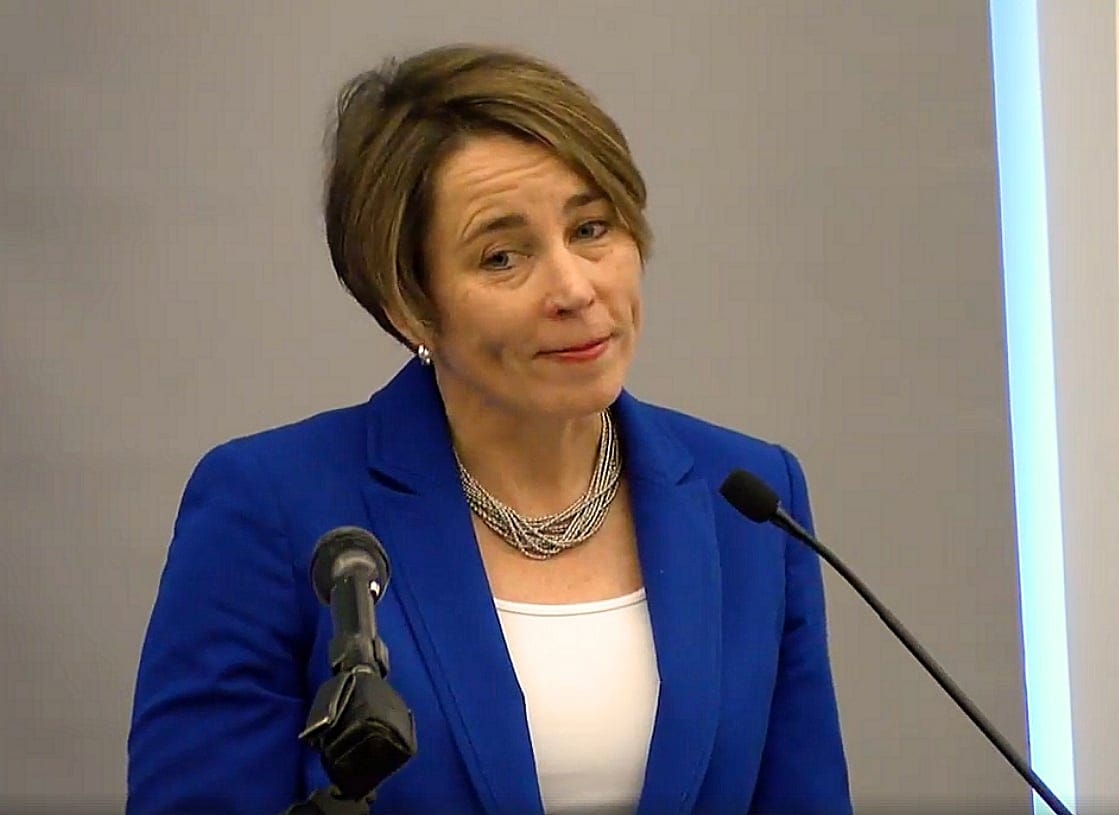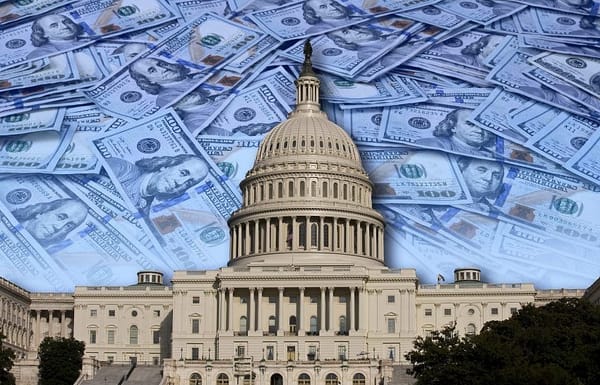How Did Massachusetts Governor’s Office Get Abortion Pills Through UMass So Fast Last April? Healey Administration Won’t Provide Details, Citing Public Records Exemption

A federal judge hadn't even ruled yet on suspending approval of the abortion pill mifepristone in April when Massachusetts Governor Maura Healey orchestrated a major reserve shipment of the drug through the state's flagship university. But despite pledges of public records transparency, any paper trail of how that response came together is still being kept locked away.
The governor was quick to act, and the ink had barely dried on the judge's decision when Healey fired off a four-page executive order aimed at preserving legal access to the abortion pill in Massachusetts.

